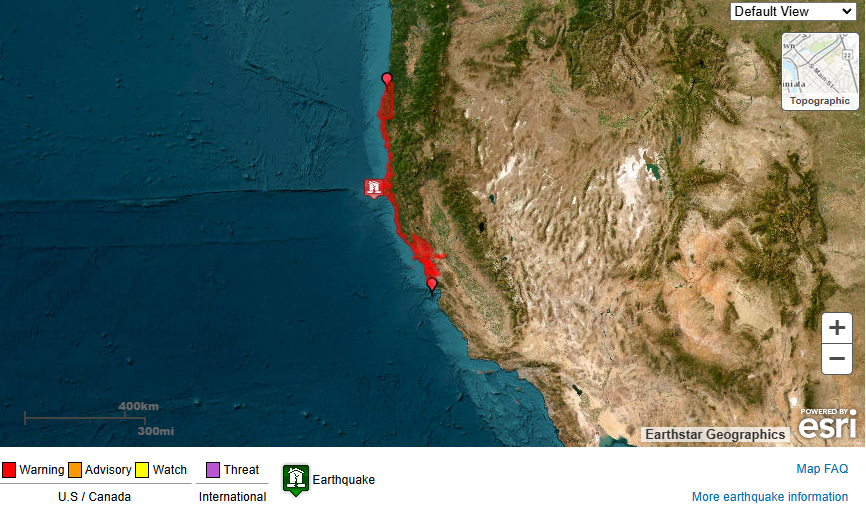California has one of the highest minimum wages in the country, and as of April 1, 2024 that minimum wage has been raised to $20 an hour. While this may appear to be an exciting prospect for food industry workers, the law is wreaking havoc on fast food industry chains who will no longer be able to afford to pay their employees without hiking up prices.
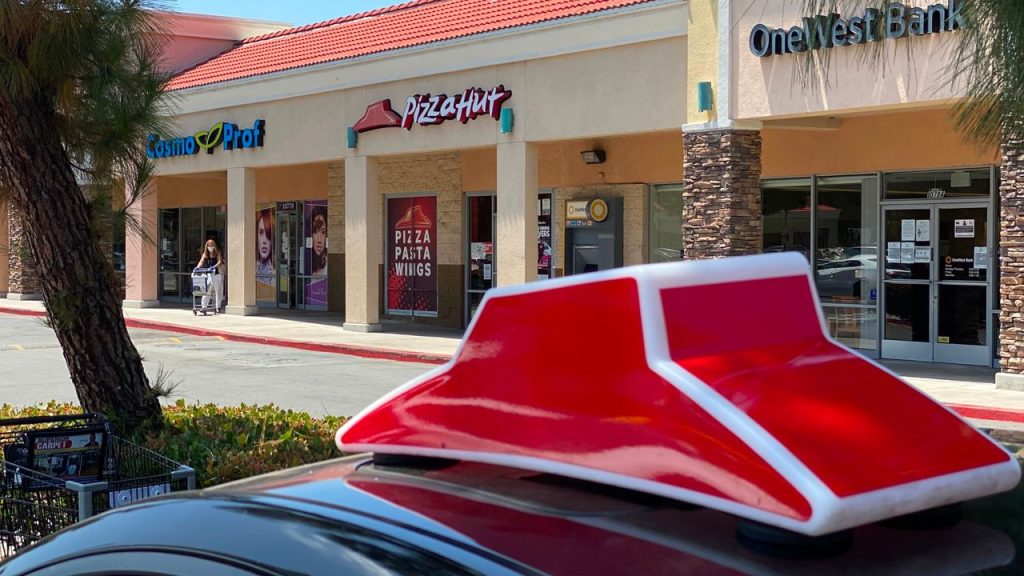
The minimum wage will be raised a whopping 25% from $16 to $20, an expense that does not come easily to thousands of restaurant businesses in the Golden State. To account for this increase, many fast food joints have opted to increase menu prices in order to survive, a reality that consumers have not taken kindly to.

McDonald’s has been in the news in the past few months for their shocking price hikes. The Big Mac combo, which used to be an affordable meal, now costs $18 in the state of California! Low income customers have been forced to reduce their fast food intake as they can no longer afford the staggering prices.
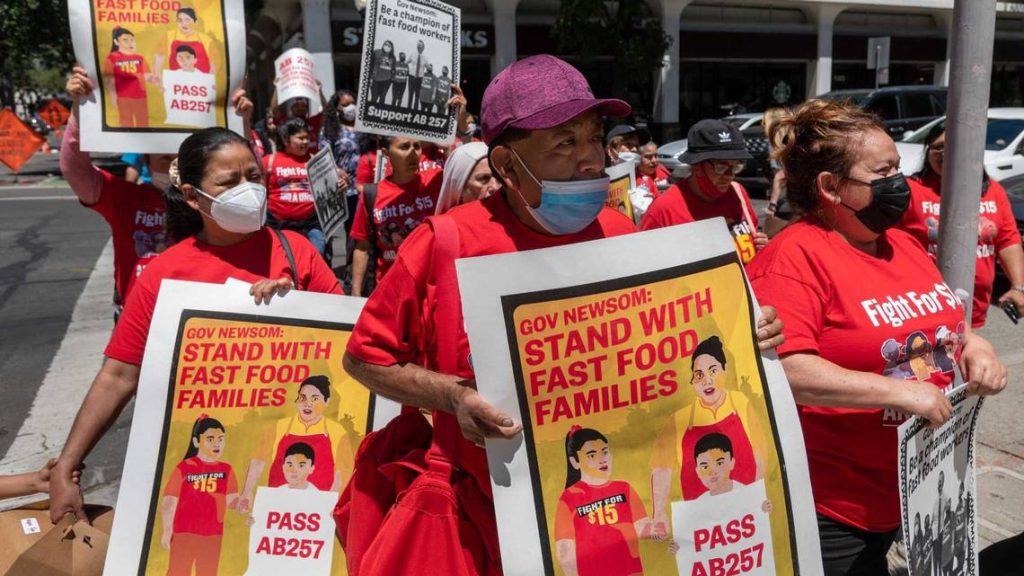
Now, fast food giants such as McDonald’s, Popeyes, and Pizza Hut are forced to rely on layoffs to account for the new minimum wage. Pizza Hut already laid out its plan to layoff more than 1,200 employees.
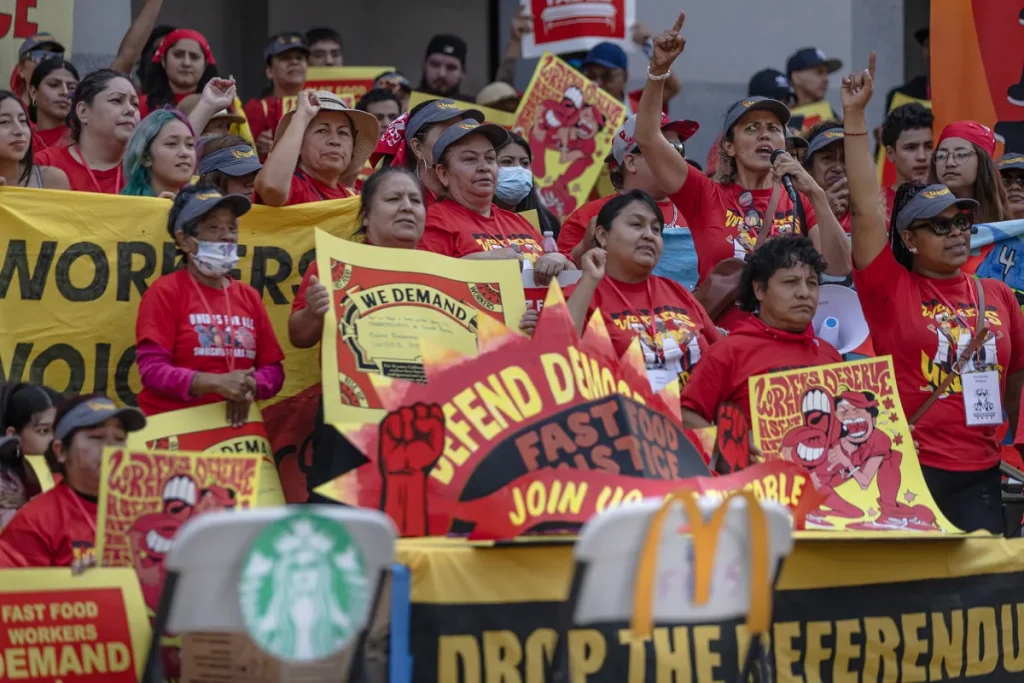
Other chains such as El Pollo Loco are doing what they can to automate certain jobs. They have automated their salsa-making procedures so as to limit labor costs. These changes come with a massive price: soaring unemployment.
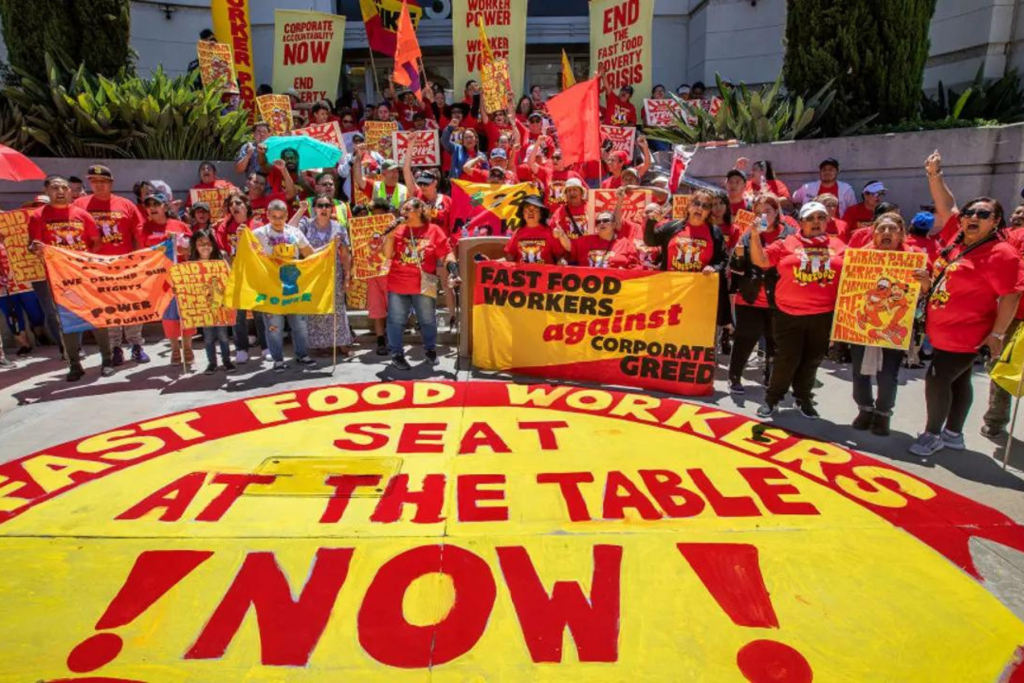
2024 has already been an unprecedented year for the job market. With inflation rising, the economy tanking, and unemployment on the rise, no one has felt safe. From Google and Facebook to Tesla and McDonald’s, it appears no one is safe from the looming job market which has earned the name of the “doom loop”.
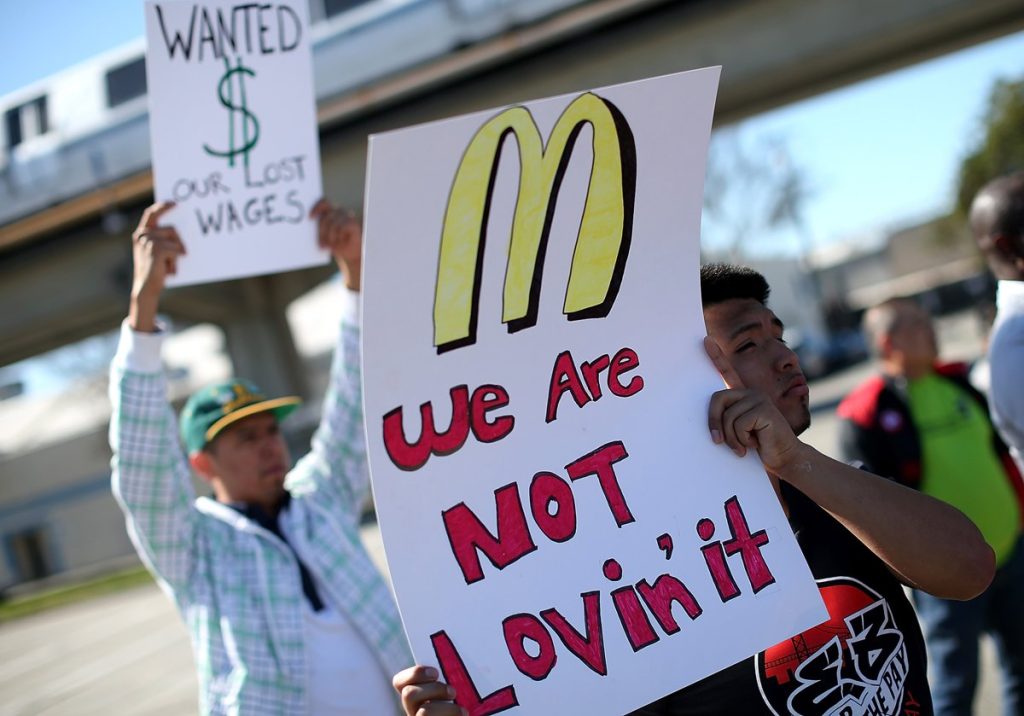
California Governor Gavin Newsom has received some backlash for signing off on the minimum wage bill. Business owners, consumers, and right wing politicians all had negative things to say about the bill. They all share the same sentiment: It ends up being the consumer who has to pay the difference since restaurants can’t afford to not increase their prices.
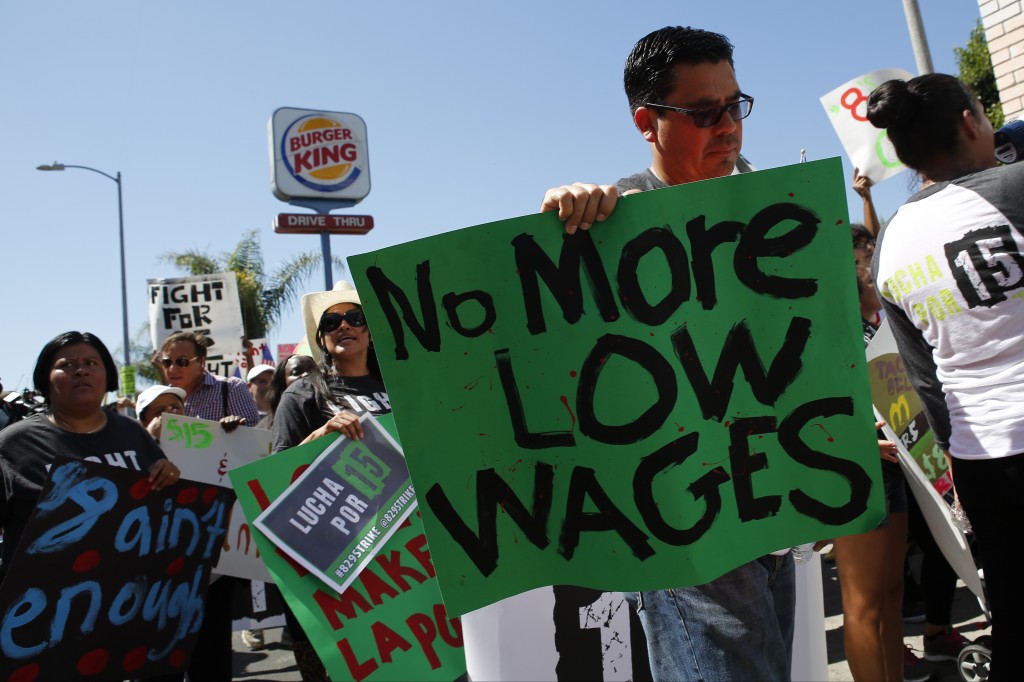
Newsom pushes back on criticism of the bill, stating that the increase is a compromise. Tia Orr, executive director of the Service Employees International Union California, said the law was “a transformational step toward an economy that works for all, not just billionaires.”
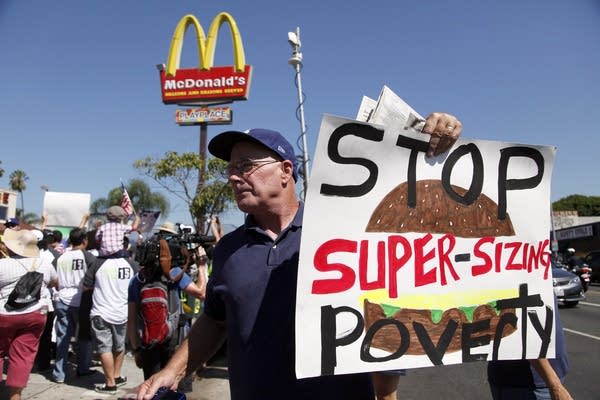
She went on to explain that a minimum wage increase, whether at the state or federal level, will result in some layoffs. However, as a result of the bill, more than half a million fast food workers now have a more livable wage.
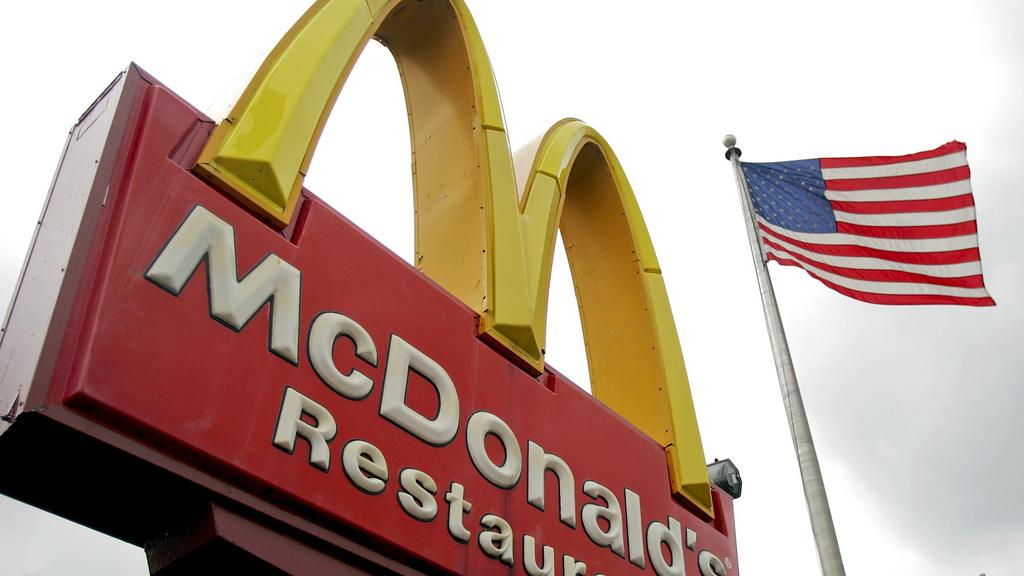
As the bill takes effect this Spring, onlookers wonder if the restaurant businesses will continue to lay off workers and increase menu prices. After all, California’s unemployment rate is at 5.3% compared to last year’s 4.5%.




